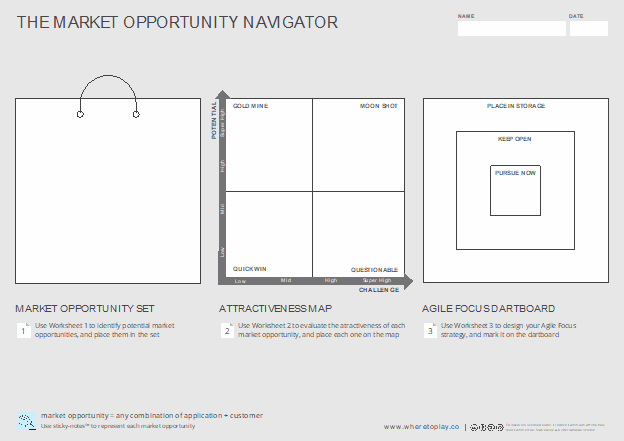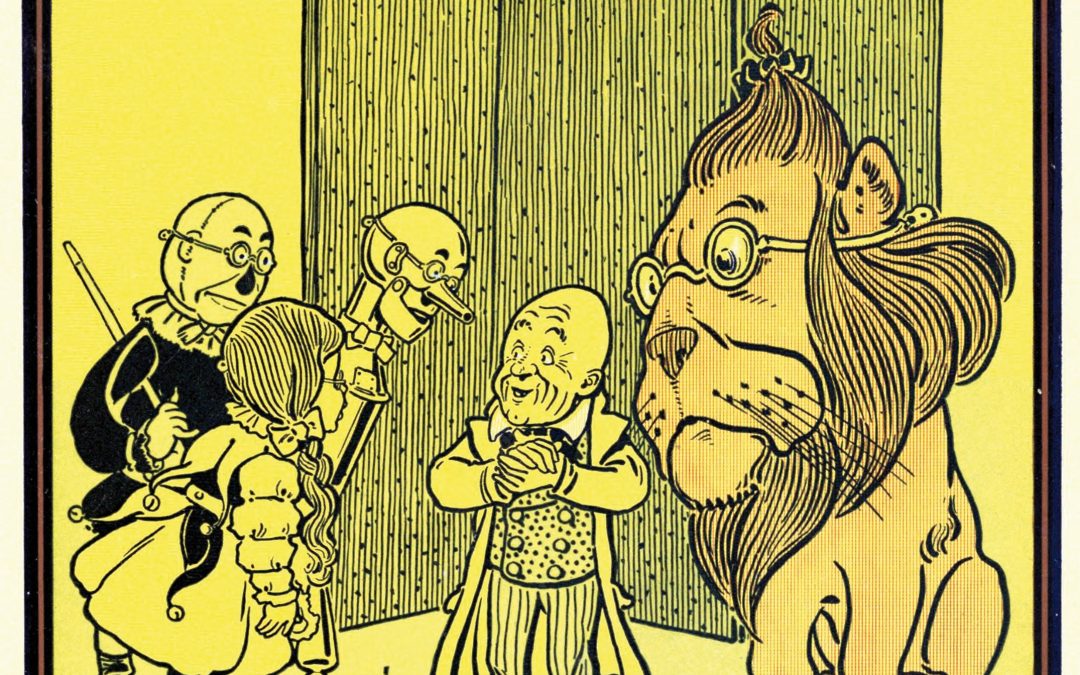This summer, I facilitated a half-day workshop that focused on coming up with areas of exploration for Nuclear Command, Control, and Communications (NC3) systems. I agreed to facilitate the session because I saw it as an exciting challenge. Admittedly, I was naively excited to do an in-person event and talk to people face to face again after Covid yanked that benefit for over a year.
After I sent the ‘yes’ confirming I would facilitate, I felt the ‘oh no’ directly after and convinced myself I had no business leading an exercise on a topic I knew nothing about. When I came onto the effort, someone had already proposed a schedule of events, so I scheduled my initial conversation with those who submitted the ITK request to go over goals and expectations. They wanted to get a group of a dozen or so experts in a room to brainstorm and prioritize different ideas for a FY22 plan. This conversation made me feel slightly better, but only enough to know what I didn’t know.
A list of worries started running through my head…
- What if no one has ideas and we’re sitting in silence until I come up with an idea to write down and break the silence?
- What if that idea I present is STUPID and they all find out I know nothing about this space?
- What if I don’t know how to summarize someone’s idea onto a notecard?
- What if we miss documenting a bright idea?
- What if we run out of time?
- What if no one shows up?
- What if…
I asked the ITK group of trainees if anyone could help support and was able to bring someone onboard and brought them up to speed. I frantically asked one of the ITK veterans to hop on a call to walk us through best practices on the Card Sorting tool we were planning to use.
As we discussed best practices, I went on to admit I was nervous for the workshop, having had no experience in this domain. She looked at me with convincing eyes (yay for video cameras!) and replied, ‘But you do!’ And listed the ways in which I did have tangential knowledge related to workshop mission. I straightened up, and with her encouragement, snapped into the realization that my experience with Department of Justice, Department of Defense, and human-machine teaming projects would give me all I needed and more to push this group forward.
Jumping to facilitation day – the workshop went great! We started with defining the problem statement in the form of a ‘How might we?’ question, and I even helped by throwing ideas on the board, which led to productive discussion. The card sorting activity unlocked so many insightful discussions.
I was surprised to notice that for a good chunk of time, the leads came short of introducing ideas. This made me realize- that’s why I am here. To shepherd this group into a think-tank and feed them the materials they need to set their ideas in motion.
We documented the topics and ideas people came up with, as well as some themes the other facilitator and I noticed, and sent them off to the leads, who used the workshop’s outcomes to inform the future of the department’s NC3 work.
Here are a few tips I learned from this experience:
- Find people you can talk with that will convince you that you can do it!
- Get help! I requested someone else join me in the workshop to help facilitate small breakout groups and note-take
- Print out/present ‘conversation’ pieces. I drew out the Market Opportunity Navigator shown below (from Where To Play) so everyone could ground their thoughts in terms of prioritization and feasibility. We were working in the ‘center-bullet’ area in the Agile Focus Dartboard.


